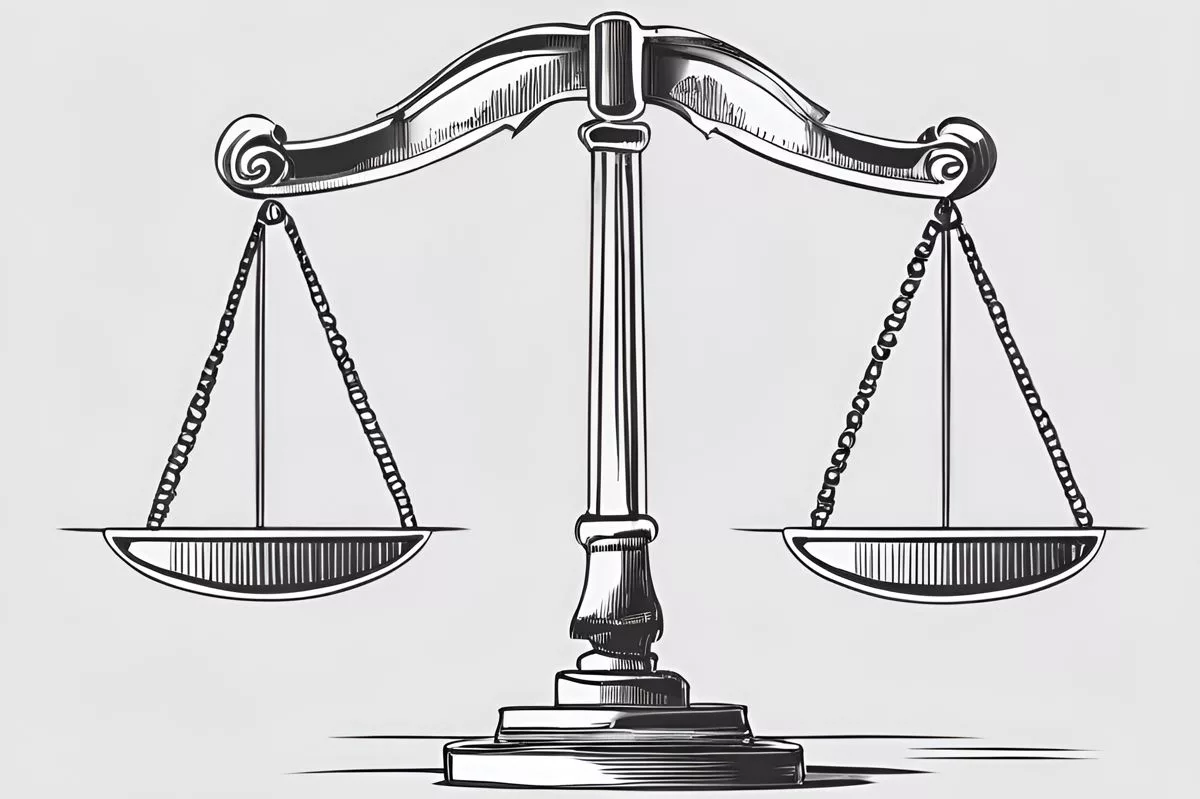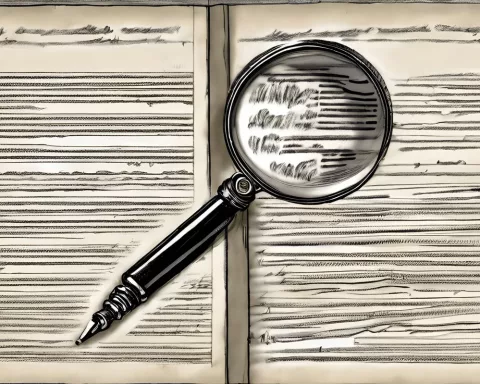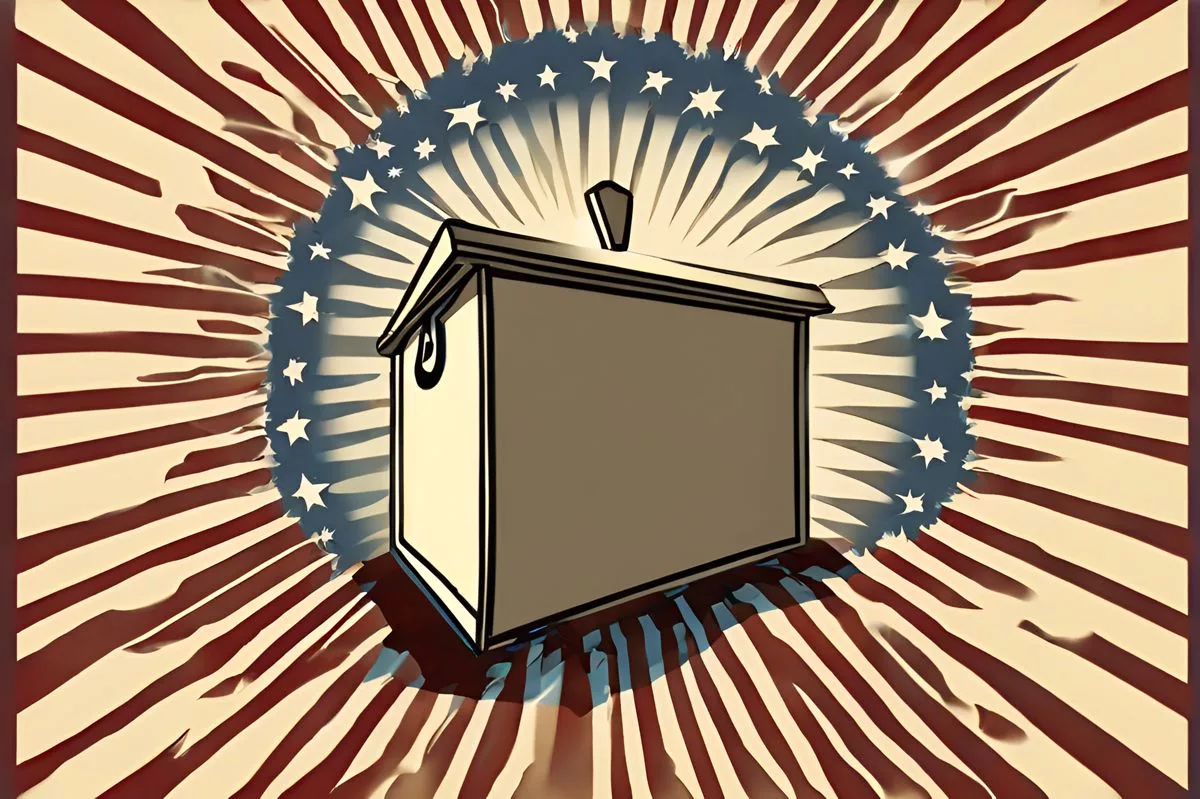Stakeholders from various backgrounds recently participated in national hearings on the General Intelligence Laws Amendment Bill, advocating for clearer definitions and boundaries between domestic and foreign intelligence, as well as increased autonomy for oversight mechanisms. The Ad Hoc Committee will now review a report on the public hearings and written comments before engaging with the State Security Agency to address concerns and conduct a detailed examination of the Bill. The hearings mark a significant milestone in the Bill’s journey and highlight the importance of transparency and public engagement in shaping legislation.
A Comprehensive Analysis of the General Intelligence Laws Amendment Bill Hearings
Diverse stakeholders participated in the national hearings for oral submissions on the General Intelligence Laws Amendment Bill, emphasizing the need for unambiguous definitions, accurate demarcation of domestic and foreign intelligence, and enhanced autonomy for oversight mechanisms. The Ad Hoc Committee will now review a report on the public hearings and written comments before liaising with the State Security Agency to address the public’s concerns and conducting a detailed clause-by-clause examination of the Bill.
On the fateful day of 21st February 2024, the revered chambers of Parliament reached a significant landmark. The conclusion of the two-day national hearings for oral submissions was not just any ordinary event, but one that highlighted the General Intelligence Laws Amendment Bill’s journey. Thanks to the relentless efforts of the Ad Hoc Committee entrusted with this responsibility, we are now at a critical juncture of the Bill’s voyage.
Diverse Opinions Voicing For a Common Cause
These hearings saw participation from an eclectic range of stakeholders, ranging from notable foundations like the FW de Klerk Foundation to the influential Association of Christian Media. Powerful labor federations such as COSATU, prominent scholars like Professor Isaac Dintwe and Professor Jane Duncan, and vigilant watchdogs like FOR SA, Dear South Africa, and Intelwatch voiced their unique outlooks.
Despite the diverse backgrounds, a unanimous concern emerged – the necessity for unambiguous definitions. Stakeholders emphasized the need for redefining certain phrases and terms in the Bill, such as “threat to national security”, “national security”, “person or institution of national security interest”, “national security intelligence”, and “security competency test”. A widely agreed-upon suggestion was to eliminate the vague term “opportunity or potential opportunity” from the Bill altogether.
The Boundaries of Intelligence and Security Vetting
Further, the conversation navigated the landscape of domestic and foreign intelligence, emphasizing the need to accurately demarcate them. The stakeholders highlighted the importance of formulating a concrete definition for the process of gathering intelligence, aligning with the hearings’ objective to attain clarity.
Security vetting also emerged as a vital discussion point. The prevalent sentiment was that vetting should be confined to assessing whether an individual would responsibly handle classified information – a practical standpoint for employment-related matters. Additionally, the call for the National Intelligence Coordinating Committee (NICOC)’s independence was a significant proposal. The stakeholders believed that an autonomous NICOC, with the Coordinator having the authority to determine the organizational structure with the Minister’s consent, could serve national security more effectively.
A Quest for Independence and Enhanced Autonomy
The urge for independence was not limited to the NICOC. Various concerns were voiced regarding the Inspector-General of Intelligence (IGI)’s independence and oversight powers. Advocates for the IGI made a case for increased autonomy and actionable recommendations rather than merely symbolic ones.
To ensure the IGI’s crucial work continuity, stakeholders recommended extending the incumbent’s term, from five to seven years. They also spotlighted legal constraints within the Bill, specifically those related to the Joint Standing Committee on Intelligence, the IGI, and the Auditor-General of South Africa. These constraints were seen as potential threats to the oversight mechanisms.
The Road Ahead for the General Intelligence Laws Amendment Bill
The hearings have undoubtedly provided the Ad Hoc Committee with a wealth of insights and suggestions. The next steps involve a comprehensive review of a report on the public hearings and written comments.
The committee will then liaise with the State Security Agency to address the public’s concerns about the Bill. The final stage will involve a detailed clause-by-clause examination of the Bill, highlighting the committee’s commitment to transparency and public engagement. As we eagerly await the outcome, we appreciate the progress made so far and the democratic ethos that has been the foundation of these proceedings.
What is the General Intelligence Laws Amendment Bill?
The General Intelligence Laws Amendment Bill is legislation designed to amend and update South Africa’s intelligence laws to better align with the country’s current political and security landscape.
Who participated in the national hearings on the Bill?
The national hearings on the General Intelligence Laws Amendment Bill saw participation from a diverse range of stakeholders, including prominent foundations, labor federations, scholars, and watchdogs.
What were the primary concerns raised during the hearings?
Stakeholders emphasized the need for clearer definitions and boundaries between domestic and foreign intelligence, increased autonomy for oversight mechanisms, and enhanced independence for the Inspector-General of Intelligence.
What changes did stakeholders recommend to the Bill?
Stakeholders recommended redefining certain phrases and terms in the Bill, such as “threat to national security” and “security competency test”. They also proposed concrete definitions for the process of gathering intelligence and advocated for an autonomous National Intelligence Coordinating Committee.
What is the Ad Hoc Committee’s next step regarding the Bill?
The Ad Hoc Committee will review a report on the public hearings and written comments before liaising with the State Security Agency to address concerns. The final stage will involve a clause-by-clause examination of the Bill.
What is the significance of the national hearings on the Bill?
The national hearings mark a significant milestone in the General Intelligence Laws Amendment Bill’s journey, emphasizing the importance of transparency and public engagement in shaping legislation.












